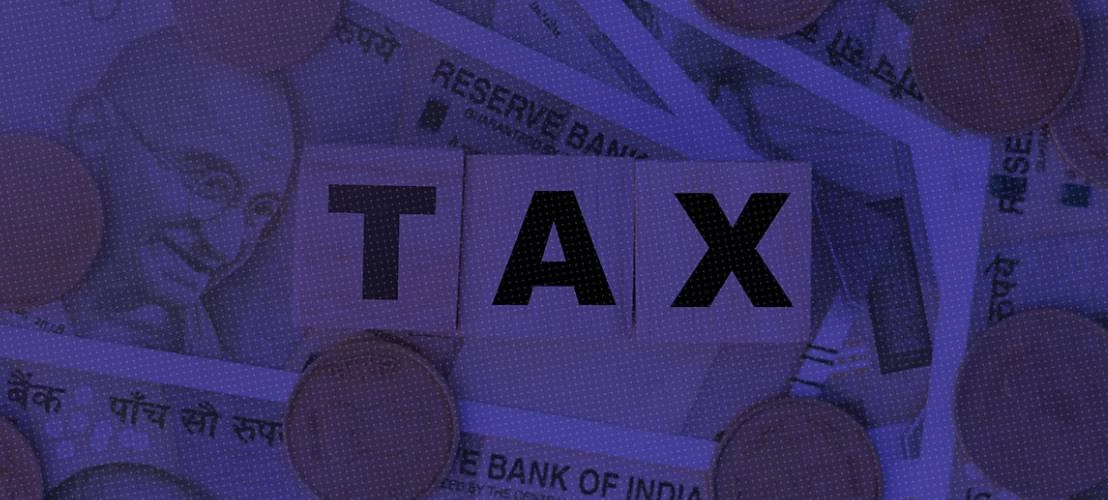The Ministry of Finance and Corporate Affairs has on 13 February 2021 introduced a Bill in the Lower House of the Indian Parliament (Lok Sabha) which seeks to abolish various Tribunals and Authorities, including the Intellectual Property Appellate Board (‘IPAB’).
Other than the IPAB, the Tribunals Reforms (Rationalisation and Conditions of Service) Bill, 2021 (‘Bill’) proposes to abolish the Appellate Tribunal under the Cinematograph Act, 1952, the Authority for Advance Rulings under the Income-tax Act, 1961, the Airport Appellate Tribunal under the Airports Authority of India Act, 1994 and the Plant Varieties Protection Appellate Tribunal under the Protection of Plant Varieties and Farmers’ Rights Act, 2001.
The Bill also seeks to provide a mechanism for filing appeal directly to the Commercial Court or the High Court and for transfer of all cases pending before such tribunals or authorities to the Commercial Court or the High Court on the appointed date.
Amendments for this purpose have been proposed in the Cinematograph Act, 1952, the Copyrights Act, 1957, the Customs Act, 1962, the Patents Act, 1970, the Airport Authority of India Act, 1994, the Trade Marks Act, 1999, the Geographical Indications of Goods (Registration and Protection) Act, 1999, the Protection of Plant Varieties and Farmers' Rights Act, 2001, the Control of National Highways (Land and Traffic) Act, 2002 and the Finance Act, 2017.
According to the Statement of Objects and Reasons appended to the Bill, the Tribunals that are proposed to be abolished at present are of the kind which handle cases in which public at large is not a litigant or those which neither take away any significant workload from High Courts which otherwise would have adjudicated such cases nor provide speedy disposal.
The Statement also notes that the Hon’ble Supreme Court has deprecated the practice of tribunalisation of justice and filing of appeals directly from tribunals to the Supreme Court in many of its judgements. It is stated that reducing the number of tribunals shall not only be beneficial for the public at large, reduce the burden on public exchequer, but also address the issue of shortage of supporting staff of tribunals and infrastructure.
It may be noted that the Government of India began the process of rationalisation of tribunals in 2015 and by the Finance Act, 2017, seven tribunals were abolished or merged based on their functional similarity.







